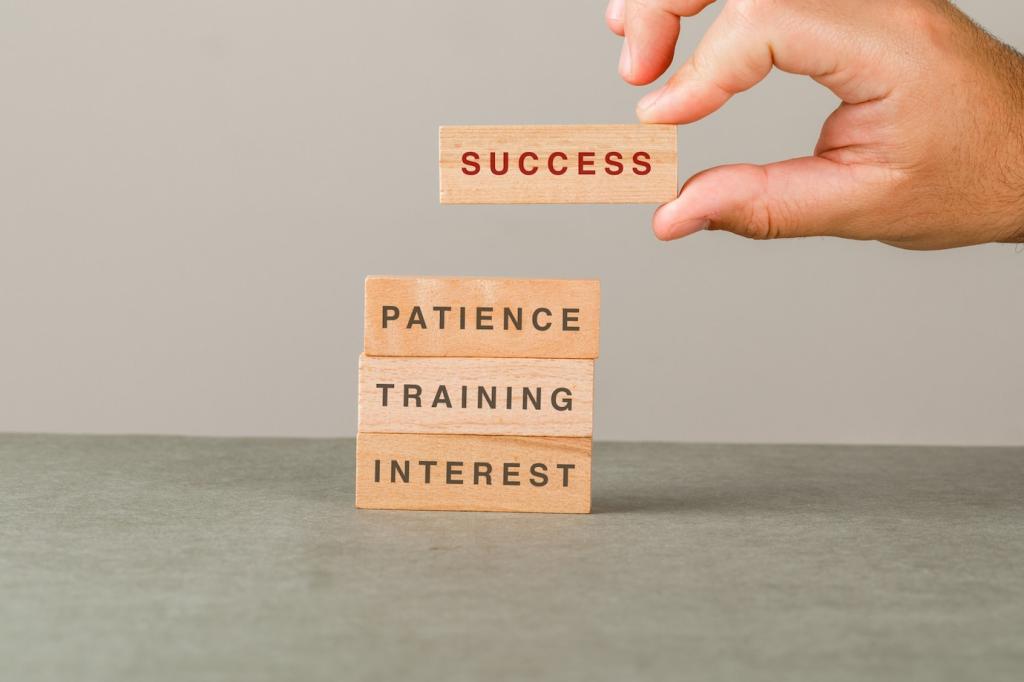Chosen Theme: The Role of Emotional Intelligence in Leadership
Welcome to a deep dive into how emotional intelligence reshapes leadership. Today’s chosen theme explores why empathy, self-awareness, and emotionally clear communication are not soft extras, but core engines of trust, resilience, and performance. Read, reflect, and share your experiences to help this community grow wiser together.

Beyond IQ: The Differentiator That People Feel
High IQ solves problems; high EQ solves people problems. Teams don’t rally around spreadsheets alone—they rally around leaders who read the room, regulate their reactions, and translate tension into focus. That felt experience becomes a multiplying effect for trust, initiative, and collective accountability.
A Story from the Floor
When a product lead noticed her designer’s quiet withdrawal, she paused the sprint, named the tension respectfully, and rescheduled the deadline with a plan. Output improved within days. The deliverable didn’t just ship; the relationship strengthened, and burnout didn’t become a resignation letter.
Join the Conversation
How do you sense emotional currents in your team? Share one moment when empathy changed an outcome. Comment below, invite a colleague to weigh in, and subscribe for upcoming practices you can try in your next one-on-one.

Self-Awareness: The Bedrock of Credible Leadership
Mirror Moments
Build a two-minute pre-meeting check-in: What am I feeling? Where do I hold tension in my body? What outcome matters most? This quick scan reduces defensive reactions and increases clarity, so people experience you as present, fair, and ready to listen.
Data with Heart: 360s That Actually Help
Invite 360 feedback framed around behaviors and impact, not personality labels. Ask for one thing to continue, one thing to start, and one thing to stop. Thank contributors, share what you learned, and publicly commit to a small, observable change in the next thirty days.
Micro-Habits That Stick
Adopt a three-breath rule before speaking in heated discussions. Breath one notices your emotion, breath two lowers reactivity, breath three clarifies intention. This tiny habit lowers drama while lifting your ability to coach instead of control.



Empathy That Informs Decisions
Use a simple loop: listen, reflect the core need, ask a focusing question. When people feel heard, they provide richer data. Your decision quality rises because it integrates realities beyond metrics—timelines, fatigue, and hidden constraints that silently derail plans.
Empathy That Informs Decisions
Before finalizing a roadmap, sit with frontline teammates and customers for fifteen-minute empathy interviews. Capture phrases, not summaries. Decisions grounded in their language reveal mismatches quickly and save weeks of building the wrong solution.
Communication That Lands, Not Just Sounds
Message, Meaning, Mood
Craft messages with three passes: what you say, what it means for them, and the mood you want to evoke. If the mood is urgency with safety, say what must change, what will not change, and how people will be supported through the shift.
Signals Speak Louder Than Slides
Your micro-signals—eye contact, pace, and pauses—telegraph your intent. Slow your cadence by ten percent and leave intentional silence for questions. People interpret space as respect, and respect converts into engagement.
Remote Empathy in Distributed Teams
Begin virtual meetings with a quick energy check using one-word states. Encourage cameras on for key moments, but never punish camera-off days. Offer summaries in writing. Inclusion in format invites inclusion in thought.
Turning Conflict into Collaboration
Name where the heat is—deadlines, roles, or resources—separately from who is to blame. When teams map tensions objectively, solutions appear. People step toward problems together when they no longer fear personal attack.
Coaching, Feedback, and Continual Growth
SBI+E: A Simple, Humane Framework
Use Situation, Behavior, Impact, plus Emotion. “In Monday’s demo (S), you interrupted twice (B), which confused stakeholders (I). I felt concerned because we risked credibility (E). Could we plan pauses and handoffs for next time?”
A Turnaround Story
A new manager tended to over-direct. After three coaching sessions focused on curiosity questions, team initiative rose, and the weekly status meeting shrank by twenty minutes. Less control, more ownership, better outcomes—powered by emotionally intelligent curiosity.
Your Next Step
Pick a feedback buddy and exchange monthly, two-way insights using SBI+E. Share your first lesson learned in the comments, and subscribe to receive a printable guide and prompts you can use with your team tomorrow.
